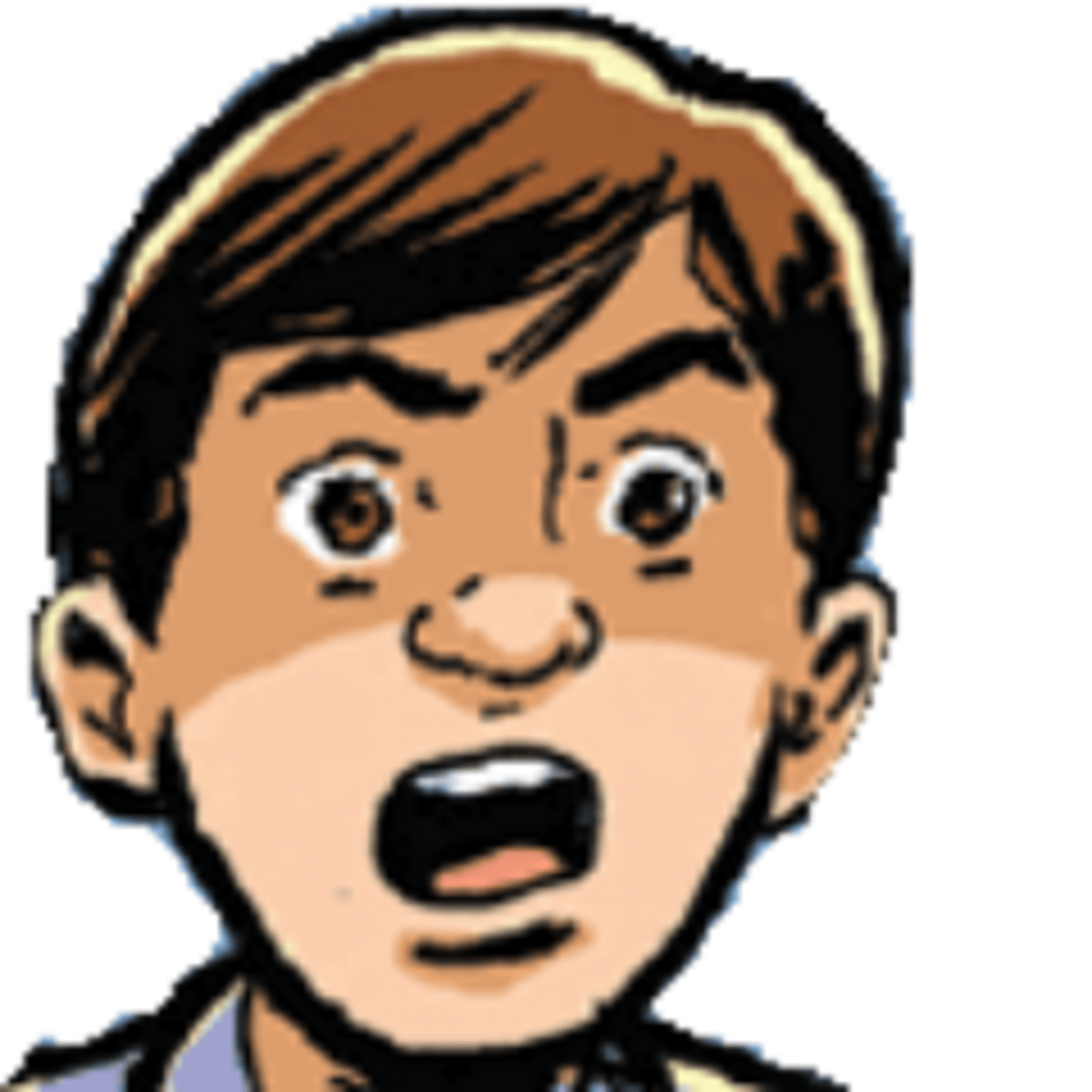Folks, 2020 has given us a lot of unexpected things! But, I swear to you, even at this late stage, I did not think we would arrive at this point: An honest-to-God Hugo Chávez news cycle.
I’ll save you the trouble here: Noooooope.
This brings us back to the last Hugo Chávez news cycle, in 2013, when he died. Back then, I was working at WCNC-TV, and as a strong believer in Could It Happen Here? stories, I popped “Hugo Chávez North Carolina” into Google and was shocked to find out that yes, Hugo Chávez did happen here. I went upstairs into the tape archive and pulled this :45 second clip of the Venezuelan president visiting, of all places, Hickory.
Hickory is home to a minor league baseball team, the criminally underrated Union Square, an insanely-labeled street grid, and until last year, had a children’s playplace called the Dickory Dock (get it). It is not the sort of place that you’d expect to welcome a brutal Venezuelan strongman.
And yet! In 2001, on his way back from a conference in Quebec, Chávez made one stop in the United States in, that’s right, the Unifour. Why?
My Friend Hugo

I’ll tell you why: Mostly because of a congressman named Cass Ballenger, a Republican who died in 2015 at age 88. Ballenger had a long political career. As a state legislator, he introduced the first substantial open-meeting law in North Carolina. He went on to the U.S. House, serving from 1986 until 2005. Toward the end, he uttered what he later called some “pretty stupid remarks,” when he noted a conflict with Black congresswoman Cynthia McKinney, saying she made him feel “a little bit of a segregationist feeling.”
But, yes, the Chávez part. Ballenger was on an international subcommittee in Congress, and thought he could get the Venezuelan leader to change his ways. Per the Hickory Daily Record:
He had met Chavez on a trip to South America. When the two “hit it off,” he pressed Chavez to move more toward the political center. Venezuela’s economy was in tatters, and Ballenger knew an economic partnership – based largely on Venezuelan oil – could benefit both nations.
But Chavez stayed at the far left, and his idolization of Fidel Castro was no secret.
“I got kind of teed off about one of the statements he made about Fidel Castro saying how great he was, “ Ballenger said. “So I wrote him a letter saying, ‘You keep talking about the great society of Fidel Castro ... I told him … If you want to see the free enterprise and entrepreneurism, why don’t you come to Hickory, North Carolina?” Ballenger said in 2001.
Chávez showed up, with his entourage in tow. He toured a daycare and a community college. Ate barbecue at Ballenger’s house. Ended up taking home a Hickory Crawdads hat. He spent TWO WHOLE DAYS in Hickory in April 2001.
Ballenger’s earnest belief was that he could get Chávez to be a little more moderate, and open up relations between the United States and Venezuela. Indeed, after touring Ballenger’s company, Plastic Packaging, Chávez said that "We've seen Cass' business, we spoke with his workers. This should be the idea of capitalism."
You will be surprised to know that no, this did not work.

Not A Boogeyman Yet
The failure of that visit to, you know, competely turn around Venezuelan-American relations wasn’t entirely Ballenger’s fault. It also wasn’t as naive as its sounds now. You have to consider the timing, says Greg Weeks, an associate dean at UNC Charlotte and a hapless Padres fan. Chávez was first elected president in 1998 and inaugurated in 1999, and was still in a bit of a honeymoon period. There was concern about his populism, his embrace of Fidel Castro, and his efforts to consolidate power over Venezuela’s democratic institutions. “He was a radical, clearly,” Weeks told me, “but trying to walk a fine line.”
It was only after an American-endoresed coup attempt in 2002 that Chávez sharply amplified his rhetoric against the United States and, in turn, he really became portrayed as a South American Dr. Evil. His trip to Hickory took place a year prior to all that. “It happened before he became a a real boogeyman,” says Weeks. “That’s why the trip was possible.”
Another bit of perspective here: Ballenger referred to Chávez as a friend, which “seems weird,” Weeks says, “but it wasn’t really out of character [for Chávez]. He always thrived on personal connections.” (For a long time, Ballenger used to tell a story that Chávez walked up to his wife, Donna, and told her “I love you very much.”) It also wasn’t out of character for Ballenger to want to help out in Central and South America, where his wife had led humanitarian efforts long before his election to Congress. That may have allowed him to overcome the criticism of inviting Chávez over to his house for barbecue. “I know who he is,” Ballenger said of Chávez. “The question is how do we help the people of Venezuela?”
The whole episode is a historical footnote now, but just remember, the next time you find yourself in Hickory for a little while and are trying to find something to do, know that Hugo Chávez spent two whole days there and was still able to come away happy.
—
If you liked this, you might like Away Message, my podcast about North Carolina’s hard-to-find people, places, and things. Season 4 was all about the Mountains-to-Sea Trail.
